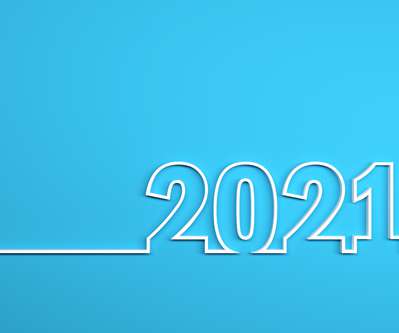A Thinking Person’s Guide to EdTech News (2017 Week 28 & 29 Editions)
Doug Levin
JULY 24, 2017
Tagged on: July 21, 2017 A complex web of factors influence children’s commercial media literacy | LSE Business Review → If they don’t know an ad from information, how can they grasp how companies use their personal data? Critical Reflection | Inside HigherEd → Achievement (grades) and learning are not always (often?)


















Let's personalize your content